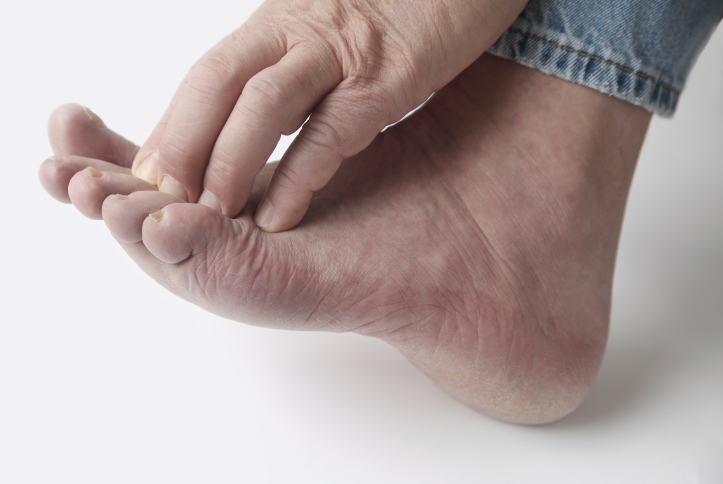Autoimmune Disease Awareness Month: Autonomic Neuropathy

The damaged nerves interfere with messages being sent from the brain to other organs across the autonomic nervous system. Areas involved include sweat glands, heart, and blood vessels.
Causes of Autonomic Neuropathy
Diabetes is the most common cause of Autonomic neuropathy, but other illnesses can cause this condition as well.
These illnesses include:
-Chronic illnesses such as Parkinson's disease, Multiple Sclerosis, and dementia
-Autoimmune diseases, such as: Sjogren's syndrome, Lupus, Rheumatoid Arthritis, and Celiac disease.
Other causes of Autonomic Neuropathy include:
-Nerve injury caused by radiation to the neck, or surgery.
-Medication used to treat cancer.
-Infectious diseases, such as: Lyme disease and HIV.
Symptoms of Autonomic Neuropathy
Symptoms vary based on what nerves are affect. The most common symptoms include the following:
-Fainting
-Dizziness
-Sexual difficulties
-Trouble digesting food
-Incontinence
-Exercise intolerance (when heart rate remains the same level, regardless of intensity of workout).
-Abnormal sweating
-Slow pupil reaction
How is Autonomic Neuropathy diagnosed?
The type of testing for this condition depends on your symptoms and risk factors. Autonomic Neuropathy is known to be a possible complication for several diseases.
If you have risk factors and symptoms of this condition, your doctor may perform a physical exam and ask you what symptoms you are experiencing.
If you have symptoms of Autonomic neuropathy but do not have risk factors for the condition, your doctor will perform a physical exam, talk about your medical history, and order the following tests:
-Breathing tests to measure heart rate and blood pressure during exercise.
-Tilt table test to measure changes in blood pressure and heart rate.
-GI tests
-Ultrasound
-Urinalysis
-Thermoregulatory sweat test
Treatment for Autonomic Neuropathy
Treatment may include the following:
-Treating the underlying condition.
-Management of symptoms.
-Medication to help empty the stomach faster.
-Medication to treat constipation
-Antidepressants to treat stomach pain.
-Retraining the bladder
-Urinary assistance
-Medication to decrease an overactive bladder.
-Medication to raise blood pressure
-Medication to stabilize heart rate.
-High salt/High fluid diet.
-Medication to lower sweating.
Closing remarks:
While this condition isn't an autoimmune disease in itself, it is one that those of us with autoimmune disease should be aware of.
If you exhibit any of the above symptoms, contact your doctor immediately.
